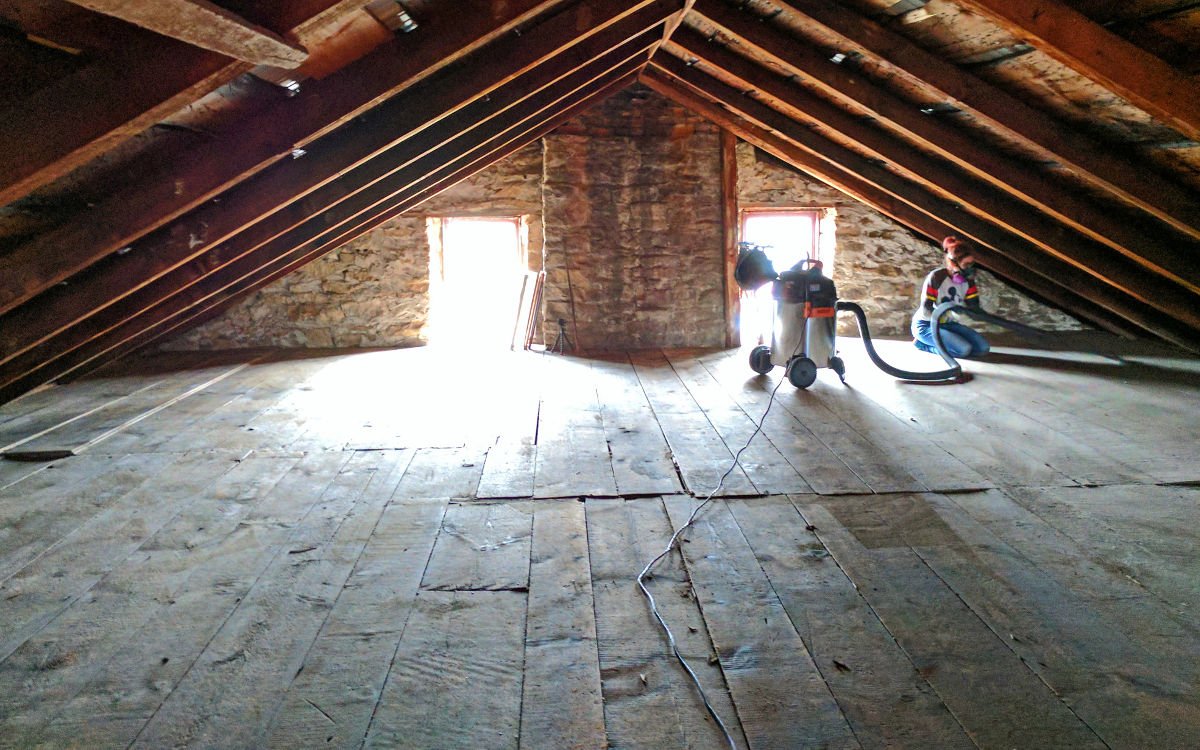Indoor air quality is a critical aspect of maintaining a healthy living environment. Poor indoor air quality can lead to numerous health issues, affecting people of all ages. For homeowners and real estate developers, understanding the importance of indoor air quality is essential. In this article, we will explore the various factors that contribute to indoor air quality and how it impacts our health.
How does indoor air quality affect our health? is a question that concerns many people, especially those spending the majority of their time indoors. The quality of indoor air can significantly influence our overall well-being.

What is Indoor Air Quality?
Indoor air quality (IAQ) refers to the air quality within and around buildings and structures. IAQ is determined by the concentration of pollutants, ventilation, and other factors that impact the health and comfort of occupants. Poor IAQ can result from inadequate ventilation, chemical contaminants, biological pollutants, and particulate matter.

Common Indoor Air Pollutants
Chemical Contaminants
Chemical contaminants such as volatile organic compounds (VOCs) are commonly found in household products like paints, cleaners, and air fresheners. These chemicals can contribute to indoor air pollution and negatively affect health.
Biological Pollutants
Biological pollutants include mold, bacteria, viruses, and pet dander. These pollutants can trigger allergies, asthma, and other respiratory issues, leading to chronic health problems.
Particulate Matter
Particulate matter (PM) consists of tiny particles suspended in the air. These particles can be hazardous to health when inhaled, causing respiratory and cardiovascular problems.

Health Effects of Poor Indoor Air Quality
Short-Term Health Effects
Exposure to poor indoor air quality can result in short-term health effects such as headaches, dizziness, fatigue, and irritation of the eyes, nose, and throat. These symptoms can be particularly pronounced in individuals with pre-existing health conditions.
Long-Term Health Effects
Long-term exposure to indoor air pollutants can lead to severe health issues, including chronic respiratory diseases, heart disease, and cancer. Persistent exposure to harmful pollutants can also weaken the immune system and reduce overall quality of life.
Improving Indoor Air Quality: A Tremendous Opportunity
Proper Ventilation
Ensuring adequate ventilation is crucial for maintaining good indoor air quality. Proper airflow helps to dilute and remove pollutants from indoor spaces. Opening windows, using exhaust fans, and installing air purifiers can significantly improve ventilation.
Use of Green Building Materials
Green building materials, such as low-VOC paints and eco-friendly construction materials, can help reduce indoor air pollution. Using sustainable building practices can enhance indoor air quality and promote healthier living environments. Read more about Recycled Building materials.
Controlling Humidity Levels
Maintaining optimal humidity levels (between 30% and 50%) can prevent the growth of mold and mildew. Using dehumidifiers and air conditioners can help control indoor moisture levels and improve air quality.
Regular Cleaning and Maintenance
Regular cleaning and maintenance of indoor spaces can reduce the accumulation of dust, allergens, and other pollutants. Keeping HVAC systems clean and replacing filters regularly can also contribute to better indoor air quality
Personal Actions to Improve IAQ
Individuals can take personal actions such as avoiding smoking indoors, using natural cleaning products, and minimizing the use of air fresheners and scented candles to improve indoor air quality.
Conclusion
Indoor air quality has a tremendous impact on our health and well-being. By understanding the factors that contribute to poor indoor air quality, homeowners and real estate developers can take proactive measures to create healthier living environments. Focusing on ventilation, using green building materials, controlling humidity levels, and regular maintenance are key steps in improving indoor air quality.
Frequently Asked Questions
Q: What are the most common indoor air pollutants?
A: Common indoor air pollutants include chemical contaminants, biological pollutants, and particulate matter.
Q: How can homeowners improve indoor air quality?
A: Homeowners can improve indoor air quality by ensuring proper ventilation, using green building materials, controlling humidity levels, and maintaining regular cleaning routines.
Q: What are the long-term health effects of poor indoor air quality?
A: Long-term exposure to poor indoor air quality can lead to chronic respiratory diseases, heart disease, cancer, and weakened immune systems.
As an Amazon Associate, I earn from qualifying purchases.




